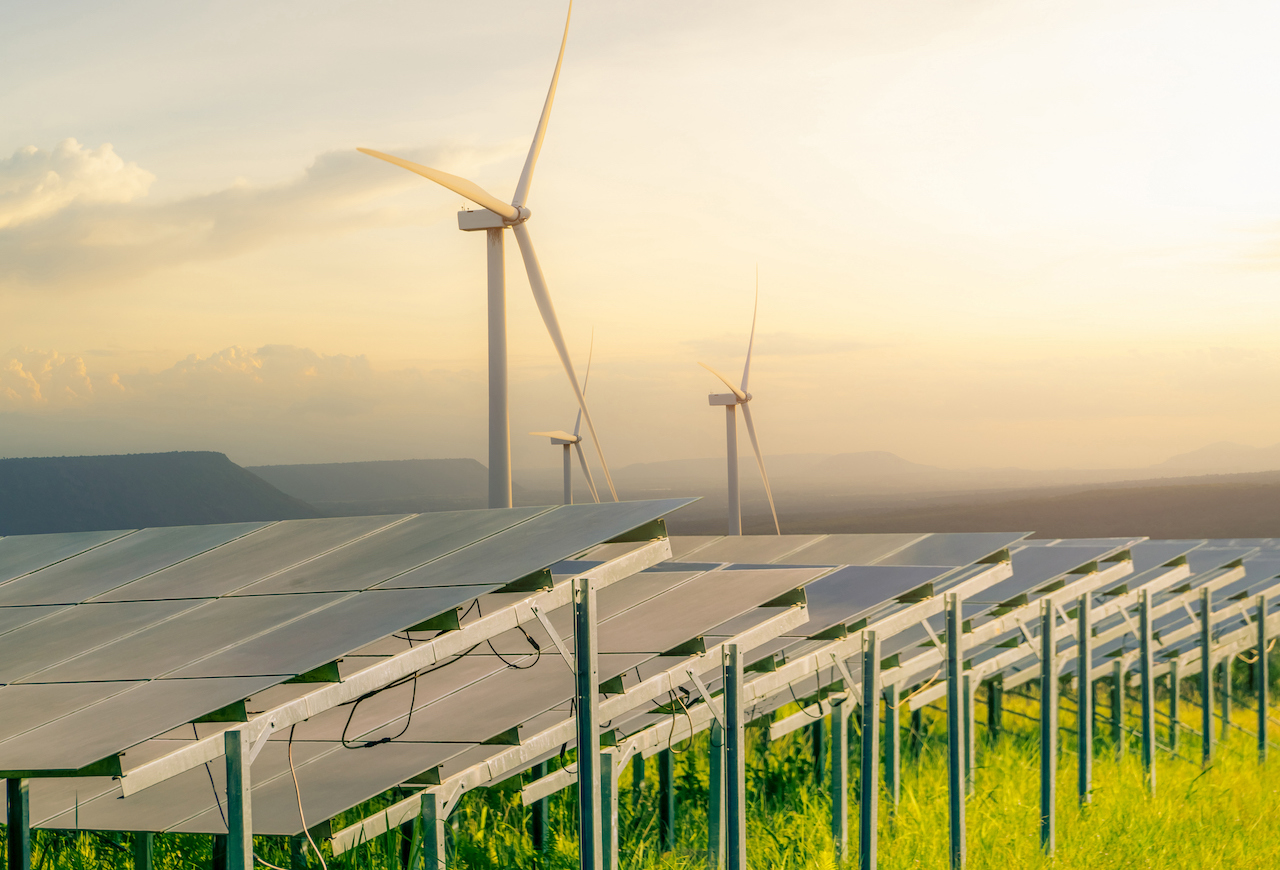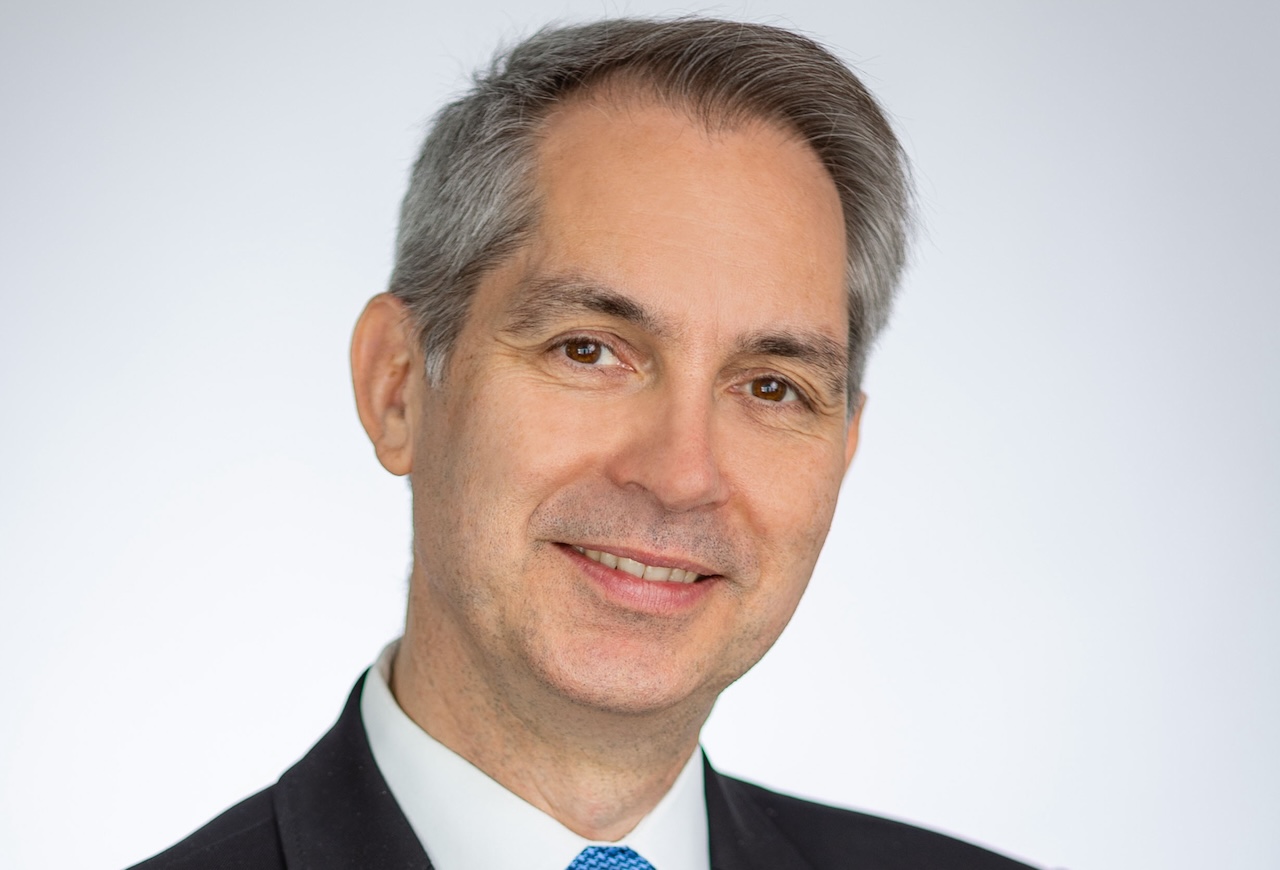Infranity has launched its €3bn Enhanced Return Debt Fund, which will allocate 50% of its portfolio to climate solutions with five investments already made.

Paris-based infrastructure investor Infranity has launched the €3bn Infranity Enhanced Return Debt Fund (ERDF) with commitments of €1.6bn already made. These include a “significant” seed investment from Generali Group and commitments from both repeat and new investors, such as pension funds, sovereign wealth funds and insurance companies.
The company would not disclose investor names nor the size of individual investments made.
Classified under SFDR Article 8, Infranity ERDF will invest into senior debt opportunities in the infrastructure sub-investment grade debt segment, which the company said offered attractive relative value.

Speaking to Impact Investor, Patrick Liedtke, chief client officer and chief economist for Infranity, said the fund was aimed at investors looking for exposure to private assets with a very distinct risk profile.
“With this fund we want to protect investors from downside risk by going after infrastructure players providing the most essential services, whilst garnering a very healthy spread compared to what they might earn from an investment with a similar credit risk in the public markets.”
Liedtke said the strategy would invest into companies with a risk profile that had most of the characteristics that you would expect from an investment grade opportunity, but which due to their structure or because they had taken on slightly more financial leverage were rated at a lower risk category.
“That, currently, is a very dynamic market,” he said. “Since 2018, we’ve invested more than €4.5bn in this space.”
He added: “The political and socioeconomic situation in the EU, with the move towards cleaner energy and more autonomy in the energy sector, will require huge investment into infrastructure and provide a tailwind to the new strategy.”
Focus on climate solutions
Infranity invests into five main fields of infrastructure across all of its strategies. These include energy transition, green mobility, the environment, social infrastructure and digital transformation.
Around 50% of the fund’s portfolio will be allocated to climate solutions, such as renewable energy and low carbon energy transition projects, but it will also invest into digital and social infrastructure.
“While the fund does not have the word impact in its name, if you look at what ERDF does, you can see that it is heavily influenced by impact themes such as the energy transition as well as social infrastructure,” said Liedtke, who explained that climate solutions in particular, were arguably one of the most significant sectors for Infranity.
“This is true for this latest fund, but we’re also active on social infrastructure and providing essential services there, which will act as a diversifying segment,” he said, citing an investment the company made recently into Alliance Ireland, which delivers medical imaging scans such as MRI and CT scans, through a predecessor strategy.
“This is a diagnostic imaging provider, providing an essential and complex range of imaging technologies,” he added.
Infranity ERDF’s investments will be aimed principally at EU companies, although Liedtke confirmed 15-20% of the strategy could be invested into opportunities in other European countries and North America.
Five seed investments
The fund has already made five investments with a total value of approximately €310m, including €125m of financing for Enfinity Global, an Italian solar energy provider.
“We also have a Finnish power distribution deal in the portfolio which is also aiding decarbonisation,” said Liedtke referring to the ERDF’s investment into Aurora Infrastructure, a low carbon electricity network infrastructure developer and operator in Finland.
“In addition, we have concluded a Nordic biomass deal,” he added, alluding to Solör Bioenergy, which provides renewable district heating in Sweden, Norway and Poland.
Infranity is owned by its three founders Philippe Benaroya, Alban de La Selle and Gilles Lengaigne, who hold 49% of the company, and the Generali Group which holds 51%.





